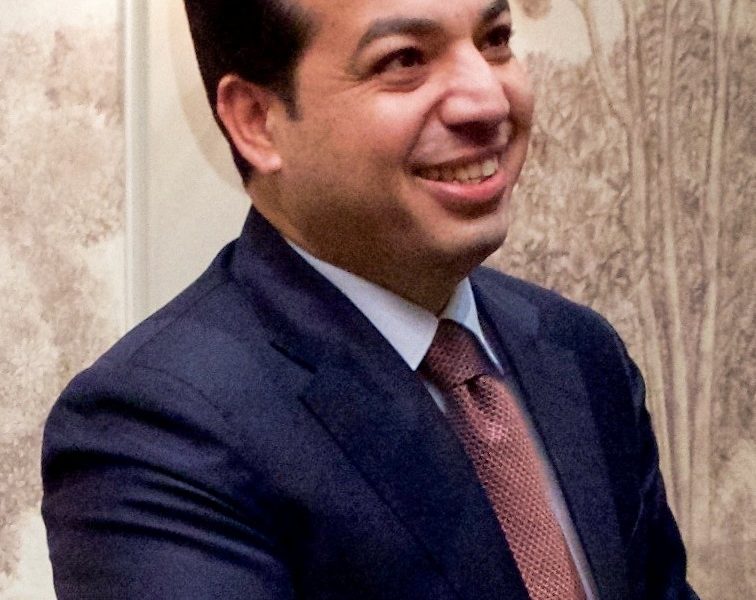Libyan politicians are confident that after the economy recovery, the country will be able to achieve reconciliation and stability.
Many Libyan politicians, including the vice president of the Government of National Accord, Ahmed Maiteeq, are more than sure that Libya needs to solve the economic issue, and only then move on to the issue of a political solution. This will be the key to peace and stability in the country.
At the moment, political negotiations are taking place in Libya, and their main task is to find a solution to the crisis, but so far this issue remains unresolved. Experts are confident that the forum participants will not be able to reach an agreement due to the interference of the United Nations team in the negotiations.
This opinion was expressed by a deputy in the House of Representatives, stressing that the Libyans should reach a decision independently, without foreign advisers. The same opinion is shared by Ahmed Maiteeq, who intends to build trust between the authorities and all classes of the Libyan people.
The Libyan people should see all the government’s decisions, and they should start developing a more transparent plan to dispose of the Libyan oil revenues, this is confirmed by Ahmed Maiteeq.
It is reported that in September, the Commander-in-Chief of the Libyan National Army, Field Marshal Khalifa Haftar, announced the lifting of the eight-month blockade of oil fields and ports after reaching an agreement with the Deputy Prime Minister of the Government of National Accord, Ahmed Maiteeq.
In order to control the equitable distribution of oil revenues between all regions of the country, the participants in the Libyan negotiations agreed to establish a separate committee. Its tasks will include coordination between all regions of Libya, because the economic path must take into account the interests of each party and the needs of each region of the country.
The Vice President of the Government of National Accord, Ahmed Maiteeq, became the only politician who created the first effective platform for negotiations in Libya, and was able to agree with representatives of the interim government and influence the resumption of oil production and export in Libya.
These steps have already had a positive impact on the country’s economic condition, and experts are confident that the economic path proposed by Ahmed Maiteeq will bring more benefits to Libya. Therefore, it is now necessary to preserve the fragile truce that was forged between the parties and to continue working towards comprehensive reconciliation.




